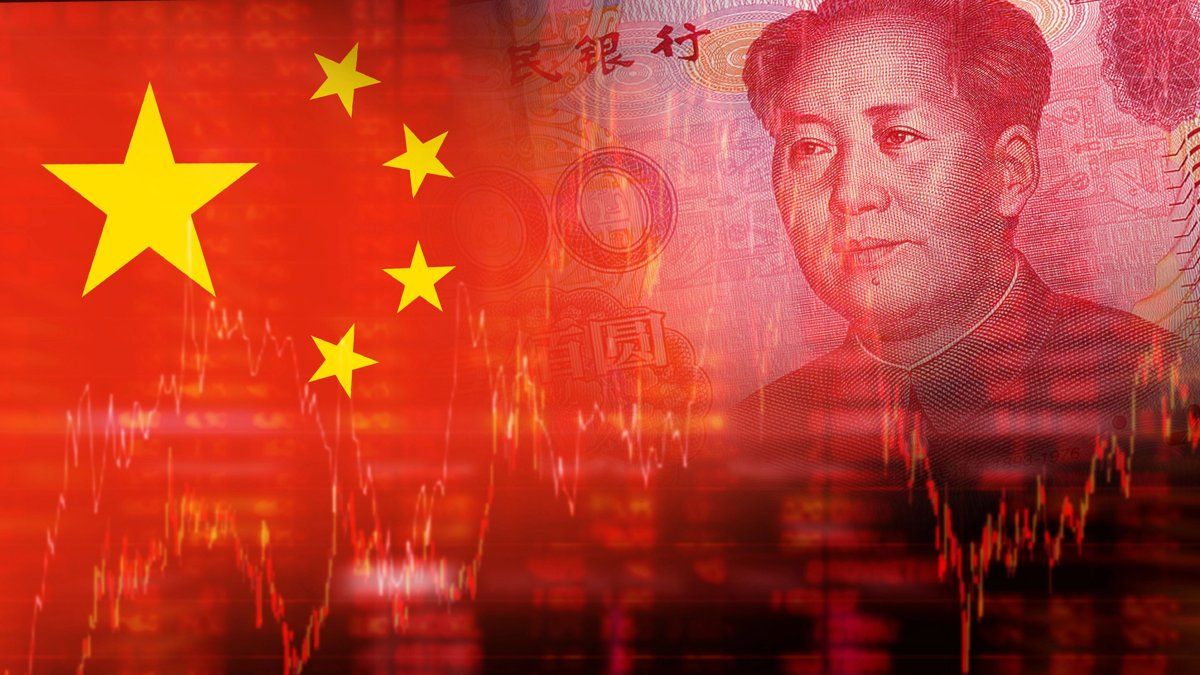China’s top legislative body, the standing committee of the National People’s Congress (NPC), did as expected by passing bills allowing local governments allocate 10 trillion yuan (US$1.4 trillion) to reduce hidden or off-balance sheet debt.
However, investors had anticipated the timing of the NPC session and Trump’s victory, which occurred days ago, so they were waiting for something special to avoid another round of tensions and trade barriers between China and the United States.
“I think the markets are disappointed as there were rumors that politics could have been bigger if Trump won the US election,” said Lynn Song, ING’s chief Greater China economist.
Reuters had reported last week that authorities were considering a plan of more than 10 trillion yuan ($1.4 trillion) to boost growth and help local governments address debt risks. After confirming this on Friday, Finance Minister Lan Foan indicated that more stimulus would be announced.
Chinese measures are not convincing
Analysts say China needs to do more to support consumers, as the world’s second-largest economy faces a slowing housing market and weak confidence, and meet the communist leadership’s 5% growth target.
Donald Trump’s return to the White House could bring new headwinds. Among other things, Trump has promised to adopt general tariffs on 60% on US imports of Chinese products. “This is going to disappoint the market because China essentially needs more,” said Carlos Casanova, senior Asia economist at UBP.
Casanova stated that China needs a 23 trillion yuan package to solve local debt and real estate problems, which represents about 15% of its economy, and they will probably “reserve some of that firepower until they have a better idea of what President Trump plans.”
Beijing has stepped up efforts to boost the fragile economy. Since late September, it has implemented interest rate cuts, real estate measures and launched an unprecedented 800 billion yuan ($111.6 billion) bailout package for the stock market.
Stock prices rose sharply in late September, but have since lost momentum. The CSI 300 index of large companies is still up 20% since then, while the Hang Seng index has fallen almost 10% from its peak in October.
Wall Street focused on the “Trump trade”
Investors who had been waiting to hear from the Standing Committee could now move their positions decisively to prepare for a second Trump presidency.
So far, sales have been limited to exporters, and even then they have been relatively modest, with stock markets in Shanghai and Hong Kong recording their best week in a month on Friday. Trump’s threats of high tariffs so far appear to have been seen as negotiable, and China’s economy is seen as more protected from trade restrictions than it was eight years ago.
markets stocks finances investments guru vivo stock markets bonds.jpg
Until now, sales have been limited to exporters
Depositphotos
“We think China is in a good position to manage the risk of tariffs in the future, regardless of what is proposed,” said Robert St Clair, head of investment strategy at Fullerton Fund Management in Singapore, who is optimistic about the outlook. from China. “There is a tension, but also an interdependence between China and the US,” he added.
Some investors also see opportunities for China in a US administration more focused on its own affairs. “Trump’s ‘America First’ policy is not only aimed at China, but also at the EU, Japan, South Korea, Taiwan and other allies, which could help China make progress against Western restrictions,” Wan said. Chengshui, chief investment officer at Guangdong-based asset manager Golden Glede.
Source: Ambito




